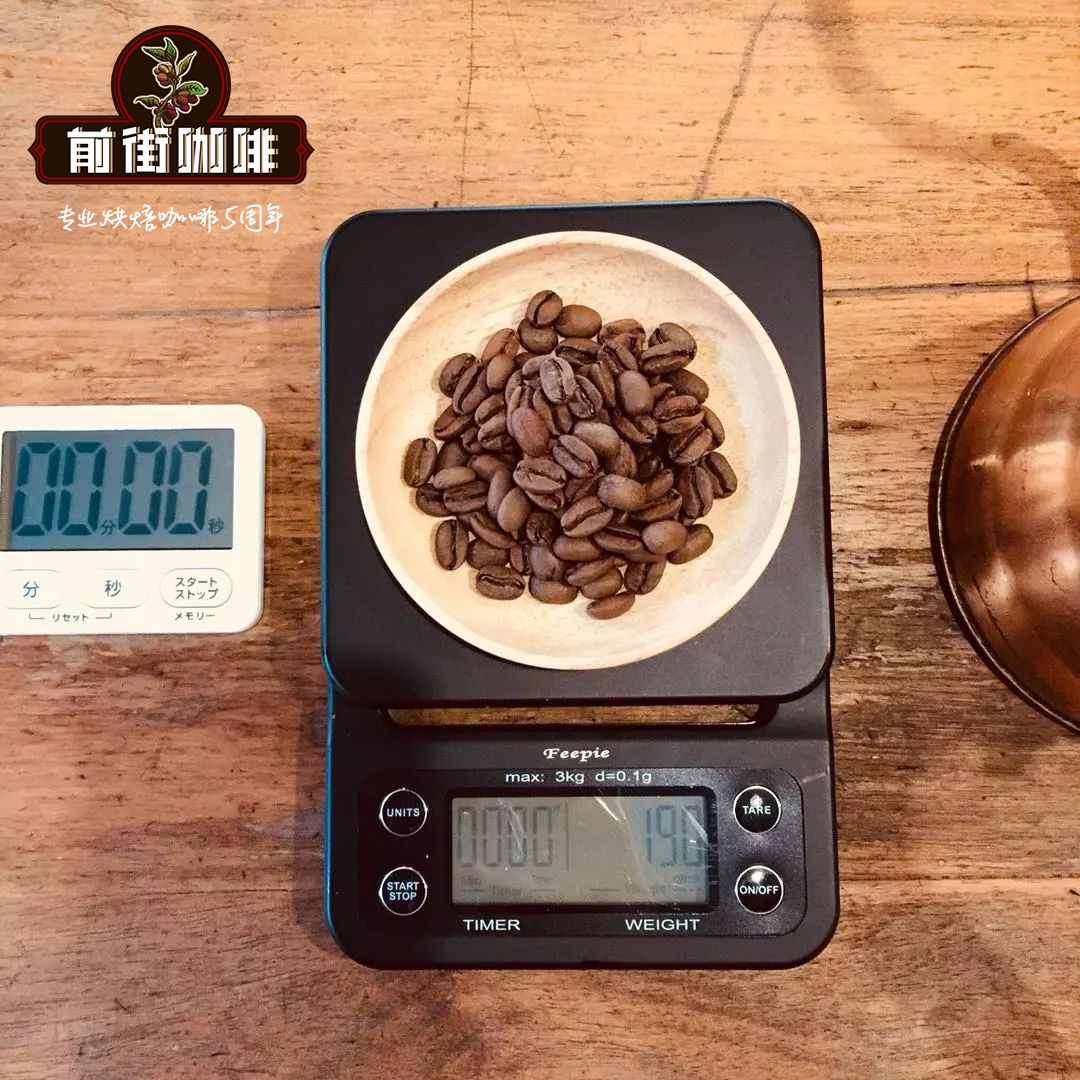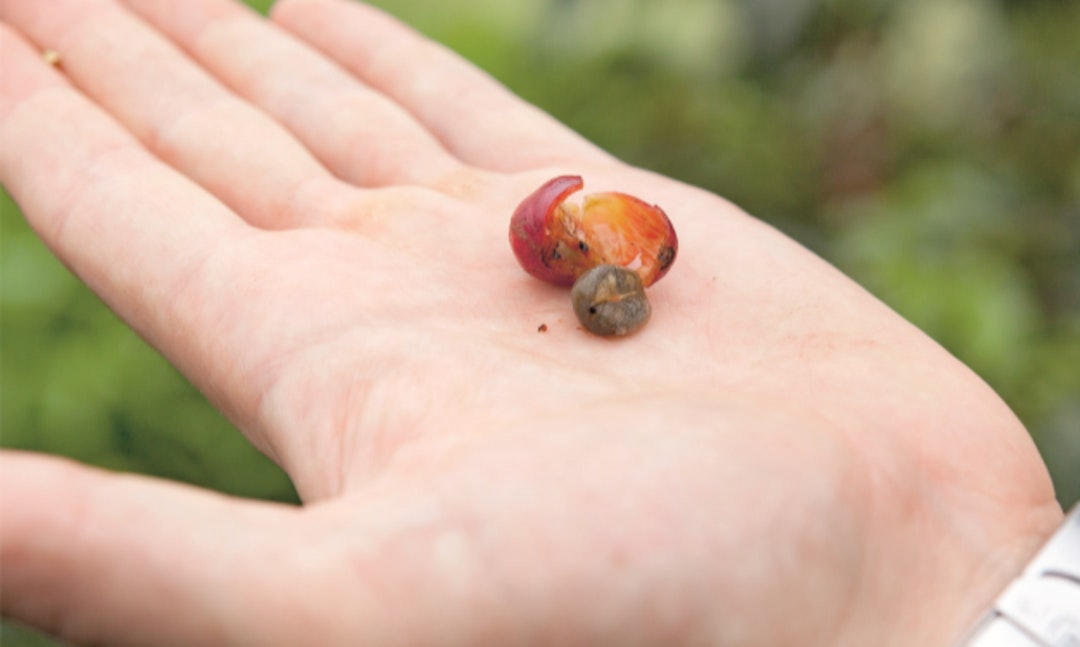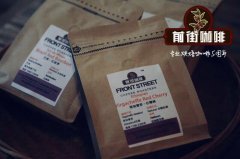The science of coffee cup testing: are over-fermented raw beans considered "defective beans"?

Professional coffee knowledge exchange more coffee bean information please follow the coffee workshop (Wechat official account cafe_style)
Split beans have a standard, zero defects without bad taste
No matter in the process of planting, harvesting, processing, transportation, storage and so on, there may be aroma defects in raw beans, which are called defective beans or bad beans. In particular, the processing process of coffee cherries, due to the need to go through complex and multiple processing stages, those added to the physical and chemical effects of coffee cherries are particularly easy to cause defects.
The types of defective beans have different effects on the flavor of coffee, but as long as there is a defective bean, the whole coffee will have a negative flavor. It is also for this reason that coffee is graded according to the "proportion of defective beans contained in raw beans".
If defective beans are rated as low quality, the price of raw beans will also fall sharply. If defective beans are found in the cup testing process, the defect score will be calculated separately and deducted from the final score.
Insect pests and processing, causes of defective beans
In the process of planting and processing, the emergence of defective beans is always inevitable. The following lists the types of defective beans and their causes ──
Insect pests: whether coffee trees are infected with "coffee leaf rust" (Coffee Leaf Rust) caused by mold, or coffee bark beetles (Coffee Berry Borer) nibble on coffee cherries and raw beans, it is likely to wipe out the coffee farm's efforts for a whole year, causing fatal damage.
Immature beans (Immature/Unripe Bean): refers to the raw beans processed from coffee cherries that are not fully ripe.
Floating beans (Floater Bean): coffee cherries are rotten or overdried during fermentation and become light enough to float on water.
Broken beans (Broken Bean): refers to the shelled beans that break during shelling due to excessive drying or preservation for too long.
Black beans (Black Bean), all black beans (Full Black Bean): black beans are rotten raw beans. If the whole bean is rotten, it is called all black beans. This kind of bean will have a very bad smell when tested in a cup.
Overfermented beans (Over Fermented Bean): raw beans that are overfermented in the flesh of coffee cherries during fermentation or drying. Although this is one of the factors that affect the flavor, there are also farms that deliberately carry out over-fermentation. it can be seen that the coffee industry still has different views on excessive fermentation.
Is "overfermentation" non-blemish? A controversial flavor

Do overfermented raw beans count as defective beans? On this point, cup reviewers who participate in the cup test are often divided.
In the review of raw bean competitions such as CoE, some cup testers rated overfermented coffee samples as extremely ripe pulp sweetness, while others rated them as defective beans with serious defects and gave them a low score.
This can be said to be a representative argument among cup test participants derived from differences in different cultures and personal preferences, and there is a clear distinction between those who are accustomed to the taste and those who are not used to it.
Talking about the over-fermentation and confusing sweetness of coffee
Cup testers with rich experience can clearly distinguish the aroma and taste differences between over-fermented coffee and normal fermented coffee.
The over-fermented coffee flavor is easy to be confused by the fruity-like sweetness, mistakenly thinking that it has a sweet taste. In fact, however, the longer the fermentation time, the more microbial action will make the sugar components disappear. Therefore, in terms of sweetness, normally fermented coffee should go to a higher level.
However, while feeling the fruity flavor of the over-fermented coffee, the sweetness will also be transmitted to people, so it is easy to make some people mistakenly think that it is the existing flavor characteristics of the coffee sample and fail to identify the over-fermented coffee.
Important Notice :
前街咖啡 FrontStreet Coffee has moved to new addredd:
FrontStreet Coffee Address: 315,Donghua East Road,GuangZhou
Tel:020 38364473
- Prev

Handmade coffee tutorials recommend three stages of water injection proportional water temperature production process beginners how to learn to make coffee
Professional coffee knowledge exchange more coffee bean information Please follow the coffee workshop (Wechat official account cafe_style) more and more people are beginning to enjoy the fun of hand-brewing coffee, but some steps are not familiar with, or some tips can not be mastered? Share the basic techniques of hand-made coffee today, complete the fragrant coffee in ten steps.
- Next

The preservation method of bagged coffee beans _ how to preserve the coffee beans in Kaifeng
Professional coffee knowledge exchange more information about coffee beans Please follow the coffee workshop (Wechat official account cafe_style) A guest asked us about the preservation method and expiration date of coffee beans. For our own roasted coffee beans, our advice is to avoid direct sunlight and hot and humid places and keep them at room temperature. It is best to use it within three months from the baking date.
Related
- Beginners will see the "Coffee pull flower" guide!
- What is the difference between ice blog purified milk and ordinary milk coffee?
- Why is the Philippines the largest producer of crops in Liberia?
- For coffee extraction, should the fine powder be retained?
- How does extracted espresso fill pressed powder? How much strength does it take to press the powder?
- How to make jasmine cold extract coffee? Is the jasmine + latte good?
- Will this little toy really make the coffee taste better? How does Lily Drip affect coffee extraction?
- Will the action of slapping the filter cup also affect coffee extraction?
- What's the difference between powder-to-water ratio and powder-to-liquid ratio?
- What is the Ethiopian local species? What does it have to do with Heirloom native species?

